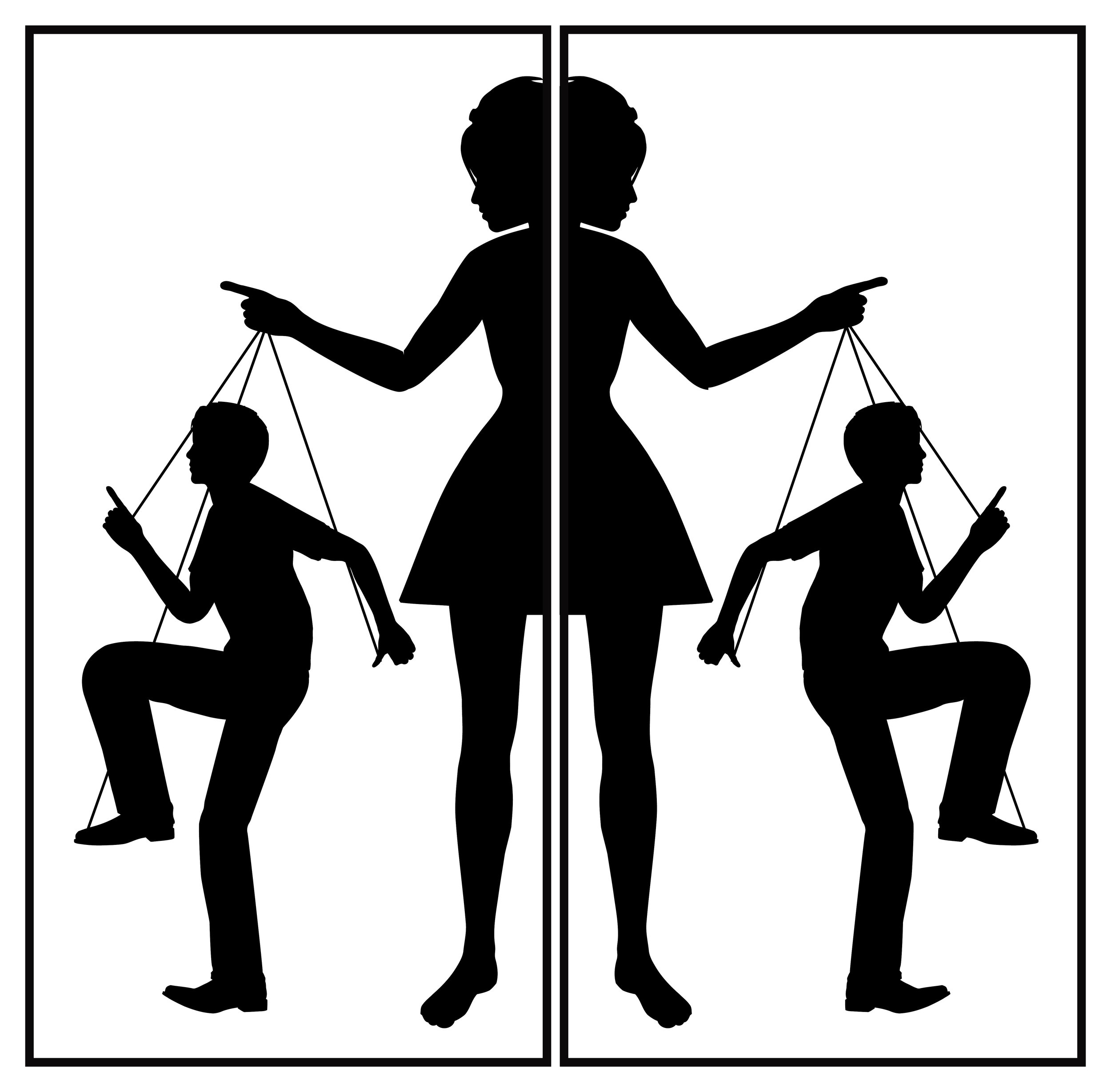Narcissistic Behavior
Spotting narcissistic behavior is crucial for safeguarding your self-worth, well-being and sustaining healthy relationships. People called narcissists exhibit distinct behaviors that revolve around a lack of empathy, a sense of entitlement, and a constant desire for admiration. There are many warning signals that narcissists let off and you can spot them easily if you know what they are. This is the time to seek the help of a counselor or therapist.
Key Signs of Narcissism
Among the most relevant signs of narcissism is the sense of grandiose self-importance exhibited by the narcissist. You may call it an "inflated ego" but it is not something to brush off. Narcissists think they are special and consequently, demand superior treatment. They continuously seek validation.
The total self-centeredness of narcissism should be the first warning sign that warrants the intervention of a therapist. All the other signs follow from here, or so we may think. Along with feeling entitled and highly valuable, narcissists lack empathy. Naturally, if they are so into themselves, how can they think of others? They are often unwilling or unable to recognize or grasp someone else's feelings and emotions. They regularly disregard the emotions and experiences of those around them.
A Way to Control Others
Narcissists are known to control or want to control, other people, especially those close to them. They often use tactics of manipulation to serve their own ends and meet their requirements. Here, the lack of empathy and the behavior of selfishness comes out the most. They are known to use gaslighting to get their own. Along with all this is a constant desire to be admired, and you can see the link with other self-centered behaviors. In fact, at times when a narcissist is not the center of attention, they will sulk and show animosity and aggression. When you see these behaviors in someone, you can approach a counselor for early intervention.
The Need for a Therapist
Narcissists, at the worst of times, may show anger if their expectations are not met. Therapy may be required for the narcissist and the person facing the brunt of this behavior. It may be a challenge to get a narcissist to meet a therapist as they are unlikely to take any responsibility for their actions. Nonetheless, therapy does help those who seek it and can improve an otherwise difficult life situation.
You must remember that a narcissist will never blame themselves and will shift blame to others with ease. Narcissistic traits can be worked on and improved with behavior therapy and regular counseling. It is also a good idea to garner support from friends and family.
NEED HELP?
Collaborative Therapeutic Services (CTS) wants to help. We offer a variety of counselling and therapy services, hours, and service providers with diverse specializations. We offer evening & weekend appointments in office or by TeleHealth conferencing.
Have questions? Contact Us Here or Call 813-951-7346. Located in Tampa, Florida. Ask us about our new NEUROLEASE® TREATMENT THERAPY - A cutting edge treatment for releasing toxic emotions.

